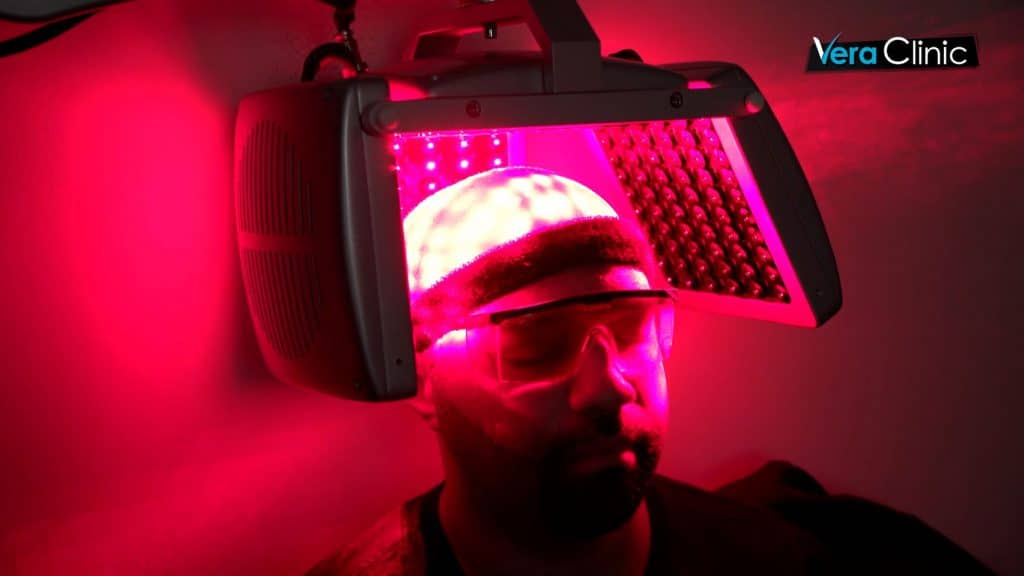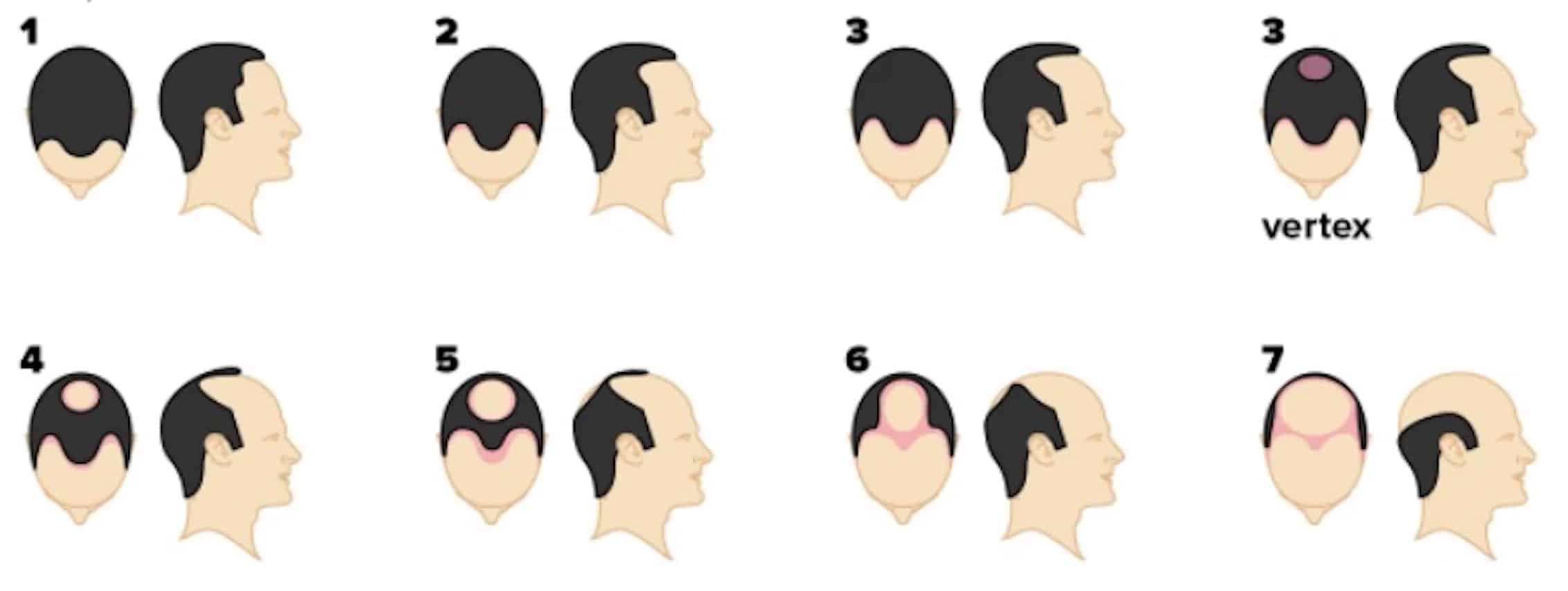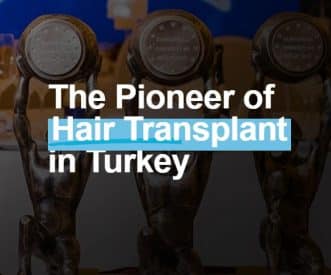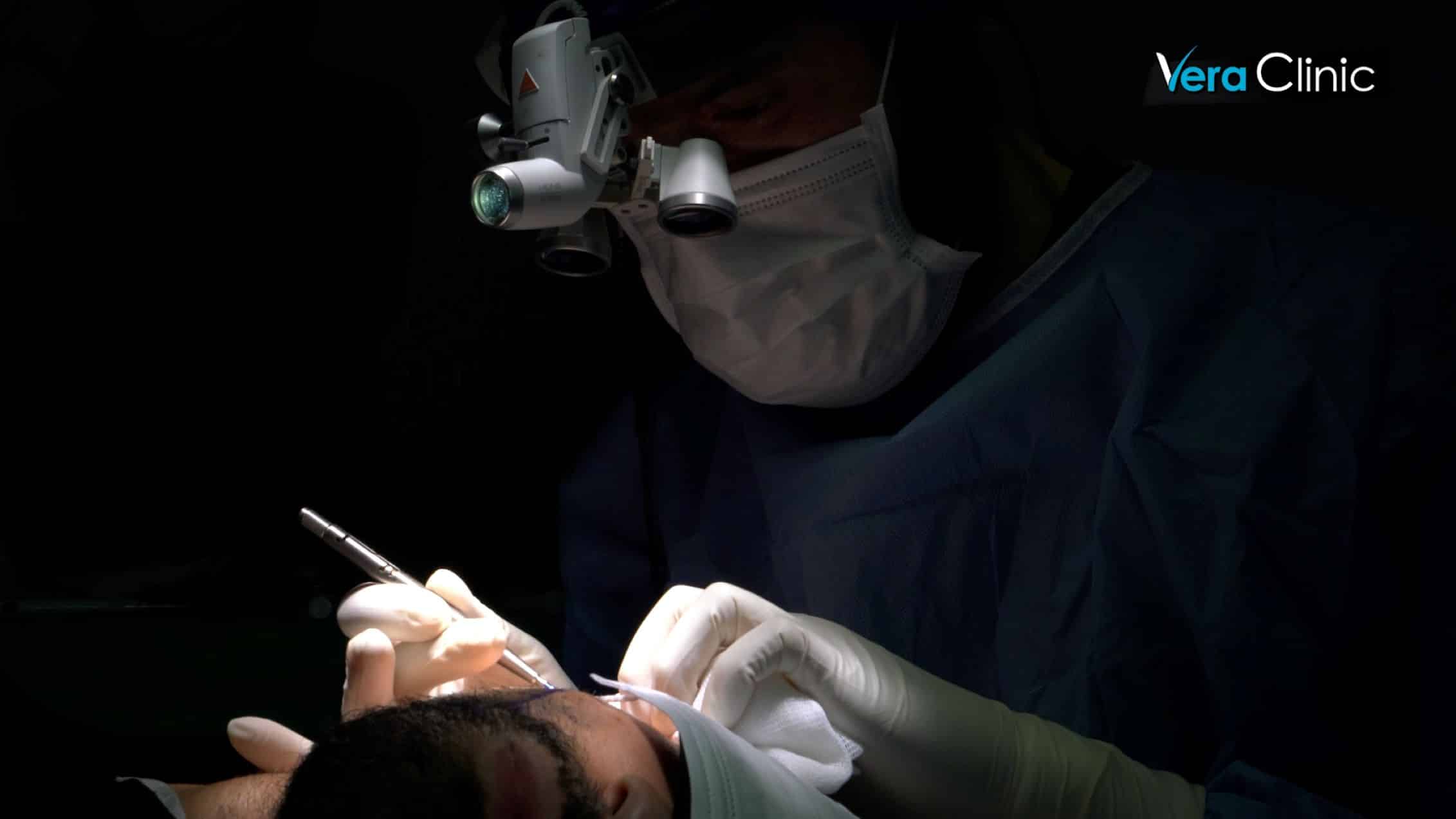Does too much exercise lead to hair loss men?
Fitness and exercise are integral parts of a healthy lifestyle, offering numerous benefits for both physical and mental well-being. However, there have been concerns and rumors about the impact of exercise on male hair loss. Some worry that intense workouts or bodybuilding activities can lead to hair loss.
In this this post, our experts explore the connection between over-training, working out and if it is a determining cause of male hair loss. Our experts will provide insights and address common misconceptions.
- Understanding The Basics of Hair Loss for Men
- Anatomy of Hair and its Growth Cycle
- Common Causes of Hair Loss in Men and Women
- The Link between Exercise and Hair Health
- How Regular Exercise Benefits Hair Growth
- Nutritional Factors and Hair Loss
Understanding the Basics of Hair Loss for Men
Hair loss can be caused by various factors, including genetics, hormonal changes, and lifestyle choices. While exercise itself does not directly cause hair loss, certain factors related to exercise and fitness routines may contribute to hair loss or affect hair health. By understanding these factors and making informed choices, you can balance your fitness goals with maintaining healthy hair.
The Anatomy of Hair and Its Growth Cycle
Hair growth is a complex process involving the hair follicles, specialized structures in the skin. Each hair follicle goes through a growth cycle consisting of three phases: anagen, catagen, and telogen. During the anagen phase, hair actively grows; the catagen phase marks a transition period, and the telogen phase is a resting period when the hair follicle is not actively producing hair. After the telogen phase, a new hair starts growing, and the cycle repeats.
Common Causes of Hair Loss in Men and Women
Hair loss can occur in both men and women and can be attributed to various factors. One of the most common causes is androgenetic alopecia, also known as male or female pattern baldness. This type of hair loss is typically influenced by genetic factors and hormonal imbalances, particularly the hormone dihydrotestosterone (DHT). Telogen effluvium, characterized by excessive shedding, can also affect both men and women and is often triggered by significant stress, hormonal changes, nutritional deficiencies, or certain medications.
The Link Between Exercise and Hair Health
There is a link between exercise and hair health, although exercise itself does not directly cause hair loss. Regular exercise promotes blood flow throughout the body, including the scalp, nourishing hair follicles with the necessary nutrients for healthy hair growth. Additionally, exercise reduces stress levels, indirectly benefiting hair health. However, it is essential to maintain a balanced exercise routine and consider other factors that may affect hair health.
How Regular Exercise Benefits Hair Growth
Regular exercise promotes overall health and well-being, including the health of your hair. Physical activity is known to:
- Increase blood flow, delivering oxygen and essential nutrients to hair follicles.
- Improve blood circulation to helps remove waste products and toxins from the scalp.
- Maintains a healthy environment for hair growth
- Exercise also releases endorphins, promoting a positive mental state that can benefit overall well-being and hair health.
The Impact of High-Intensity Workouts on Hair
There are many benefits to high-intensity workouts. Many of which include
- Weightlifting
- Intense cardio exercises
- Intense cardio exercises to temporarily increase cortisol levels, a stress hormone that, when elevated for extended periods, can negatively affect hair health. However, the temporary increase in cortisol levels during high-intensity workouts is not likely to cause long-term hair loss. Some individuals may experience temporary hair loss, known as telogen effluvium, after intense workouts, but this condition usually resolves on its own.
Hormonal Effects of Exercise on Hair Loss
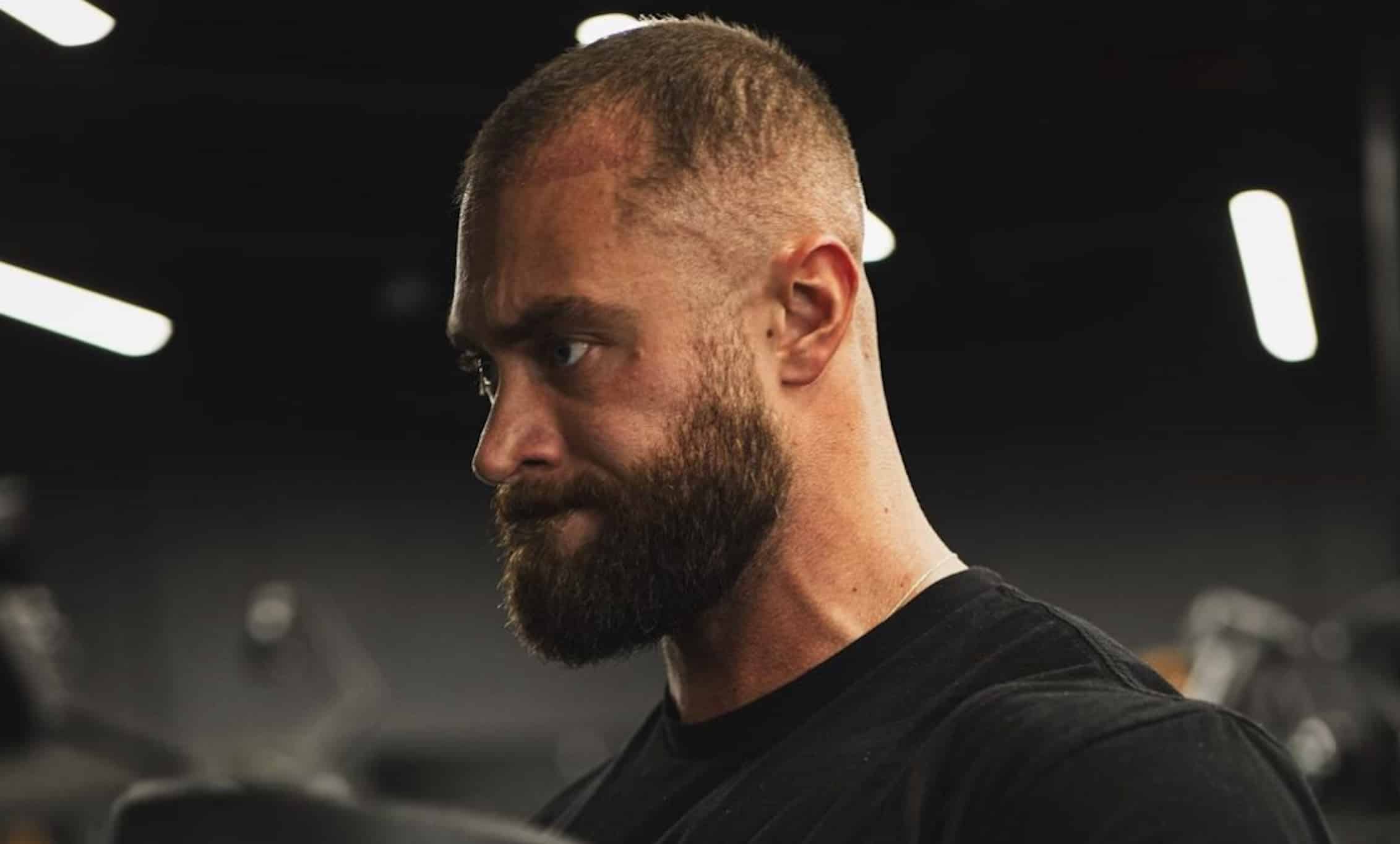
Hormones play a crucial role in hair growth and the development of hair loss conditions.
- Testosterone, a hormone associated with exercise and fitness, can be converted into dihydrotestosterone (DHT) through an enzyme called 5-alpha reductase.
- DHT is involved in the shrinking of hair follicles and can contribute to hair loss, particularly in individuals genetically predisposed to androgenetic alopecia.
- Maintaining hormonal balance through regular exercise can reduce the risk of imbalances that can contribute to hair loss.
Exercise-Induced Sweat and Scalp Health
Exercise-induced sweat is a natural response of the body to regulate temperature during physical activity. While sweat itself does not directly impact hair health, the buildup of sweat on the scalp can affect scalp health and potentially contribute to hair issues. It is important to wash your hair regularly after intense sweat sessions to maintain a healthy environment for hair growth.
Nutritional Factors and Hair Loss
A balanced diet is crucial for overall health, including hair health.
- Proper nutrition provides the necessary vitamins, minerals, and nutrients for hair growth and maintenance.
- Nutritional deficiencies can contribute to hair loss or affect hair quality.
- Ensuring an adequate intake of amino acids and vitamin D can support healthy hair growth and minimize the risk of hair loss.
Common Myths About Working Out and Hair Loss
There are several common myths about working out and hair loss. One myth is that weight lifting can cause hair loss, but there is no scientific evidence to support this claim. Hair loss is primarily influenced by genetics and hormones, not exercise. Another myth is that temporary hair loss, known as telogen effluvium, can occur as a result of intense physical activity. While intense exercise can trigger telogen effluvium in some cases, it is usually temporary and resolves on its own.
Practical Tips for Combating Hair Loss for Active Individuals
Active individuals concerned about hair loss can follow practical tips to promote hair health:
- Choose hair care products that promote scalp health.
- Rinse hair thoroughly after intense workouts.
- Avoid using hot water or excessive heat styling.
- Incorporate scalp massages to improve blood circulation.
If hair loss persists, consulting with a healthcare professional or hair restoration specialist, like those at Vera Clinic, can provide personalized advice and treatment options.
Vera Clinic
Vera Clinic has been providing hair transplant operations for a decade and is staffed with the best hair transplant doctors in Turkey. The Clinic has been on the rise, being the best hair transplant clinic in Turkey since it was established.
For those concerned about hair loss, considering professional advice and treatment options can be beneficial. Vera Clinic is a renowned hair transplant clinic in Turkey that is known for its expertise in hair restoration. Offering state-of-the-art techniques and personalized care, Vera Clinic provides effective solutions for hair loss, ensuring natural-looking results and patient satisfaction. By consulting with experts at Vera Clinic, individuals can explore various treatment options to address hair loss and regain confidence.
Frequently Asked Questions
Can a change in workout routine prevent hair loss? A change in workout routine alone cannot prevent hair loss, primarily influenced by genetics and hormones. However, maintaining a balanced workout routine, managing stress levels, and promoting good blood circulation through regular exercise can contribute to overall hair health.
Are there specific exercises that promote hair growth? No specific exercises directly promote hair growth, but exercises that increase blood flow and promote scalp health, such as cardio exercises, can indirectly support hair growth.
How does stress from over-exercising contribute to hair loss? Over-exercising can increase stress levels and elevate cortisol levels, which can disrupt the hair growth cycle and lead to excessive hair shedding.
What are the best practices for hair care for athletes? Best practices for hair care for athletes include choosing gentle hair care products, rinsing hair thoroughly after intense workouts, and incorporating scalp massages. Consulting with a healthcare professional or hair restoration specialist may also be beneficial if significant hair loss occurs.
Conclusion
Regular exercise benefits overall health and can positively impact hair health. Understanding the connection between exercise, bodybuilding and hair loss is crucial for maintaining a healthy scalp and promoting hair growth. By balancing hormones, managing sweat-induced scalp issues, and ensuring proper nutrient intake, you can combat hair loss effectively. Prioritize your well-being with a holistic approach to fitness that considers the health of your hair.
Generation Iron may receive commissions on purchases made through our links. See our disclosure page for more information.
Let us know what you think in the comments below. Also, be sure to follow Generation Iron on Facebook, Twitter, and Instagram.
